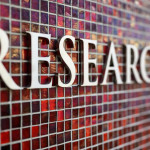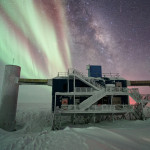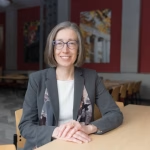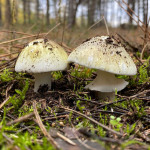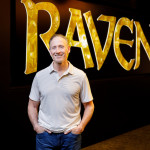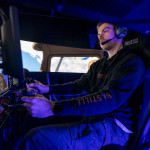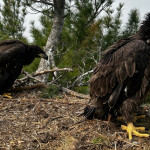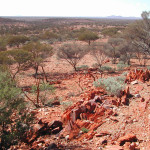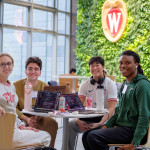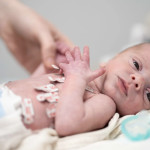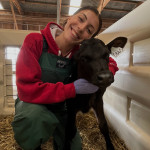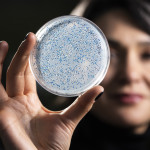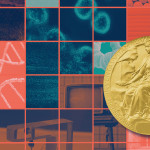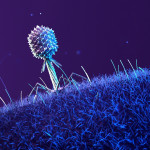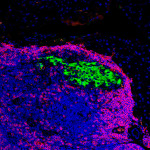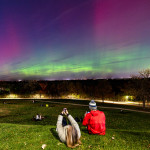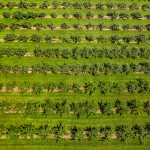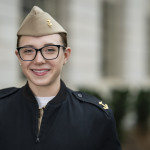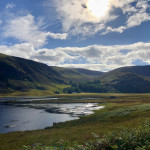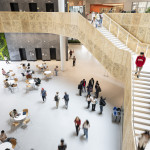Category Science & Technology
IceCube Neutrino Observatory gets a major upgrade beneath the ice
The project ensures that UW–Madison’s efforts at IceCube remain at the forefront of neutrino astronomy for years to come.
UW–Madison professor elected to the National Academy of Engineering
Susan Hagness, a professor of electrical and computer engineering, is one of 130 U.S.-based and 28 international members elected to the academy’s 2026 class.
The changing chemistry of invasive death cap mushrooms
UW–Madison researchers just released a revealing study on the mushrooms behind an uptick in poisoning deaths in California.
From art student to game changer
As co-founder of Raven Software, UW alum Brian Raffel has remained deeply committed to his Wisconsin roots and his belief in the power of education — values that recently inspired a major donation to his alma mater.
UW Sea Grant tracks PFAS and other contaminants in bald eagles
Supported by federal funding, the Great Lakes Eagle Health Project investigates how pollutants are affecting the animal’s health — and the environment at large.
Ancient rocks reveal evidence of the first continents and crust recycling processes on Earth
New analyses of the planet’s oldest minerals suggest a diversity of tectonic settings not previously expected more than 4 billion years ago.
Inside MadHacks: The Midwest’s premier hackathon
Over 400 students convened in Morgridge Hall for a innovation marathon that challenged participants to turn ideas into projects in just 24 hours.
From the lab to the NICU: UW researchers pioneer contactless health monitoring
The system could pave the way for safer, more comfortable patient care in settings ranging from neonatal units to in-home recovery.
Undergraduate research inspires community, confidence and growth
Working in a research lab is helping UW–Madison student Lauren Jacobs get more than hands-on career experience.
Resurrected ancient enzyme offers new window into early Earth and the search for life beyond it
UW researchers are helping us understand the origins of life on Earth and possibly recognize signs of life elsewhere.
How to win a Nobel Prize
Meet the UW–Madison faculty and alumni whose discoveries changed the world.
Microbes mutated in space hint at biomedical benefits to humans on Earth
Researchers are interested in studying effects on the gut microbiome and antibiotic-resistant infections.
Still/Moving
UW–Madison’s capsule of 2025 in striking images.
Through top scholarship, Navy sailor is docking at UW for a bachelor’s degree
Freshman Lorelai Haase will maintain her active-duty status while pursuing a bachelor’s degree in nuclear engineering.
Viruses found in carbon-storing wetlands play an active role in shaping ecosystem health
The viruses could also help determine if a wetland has been damaged or if restoration efforts are working.

